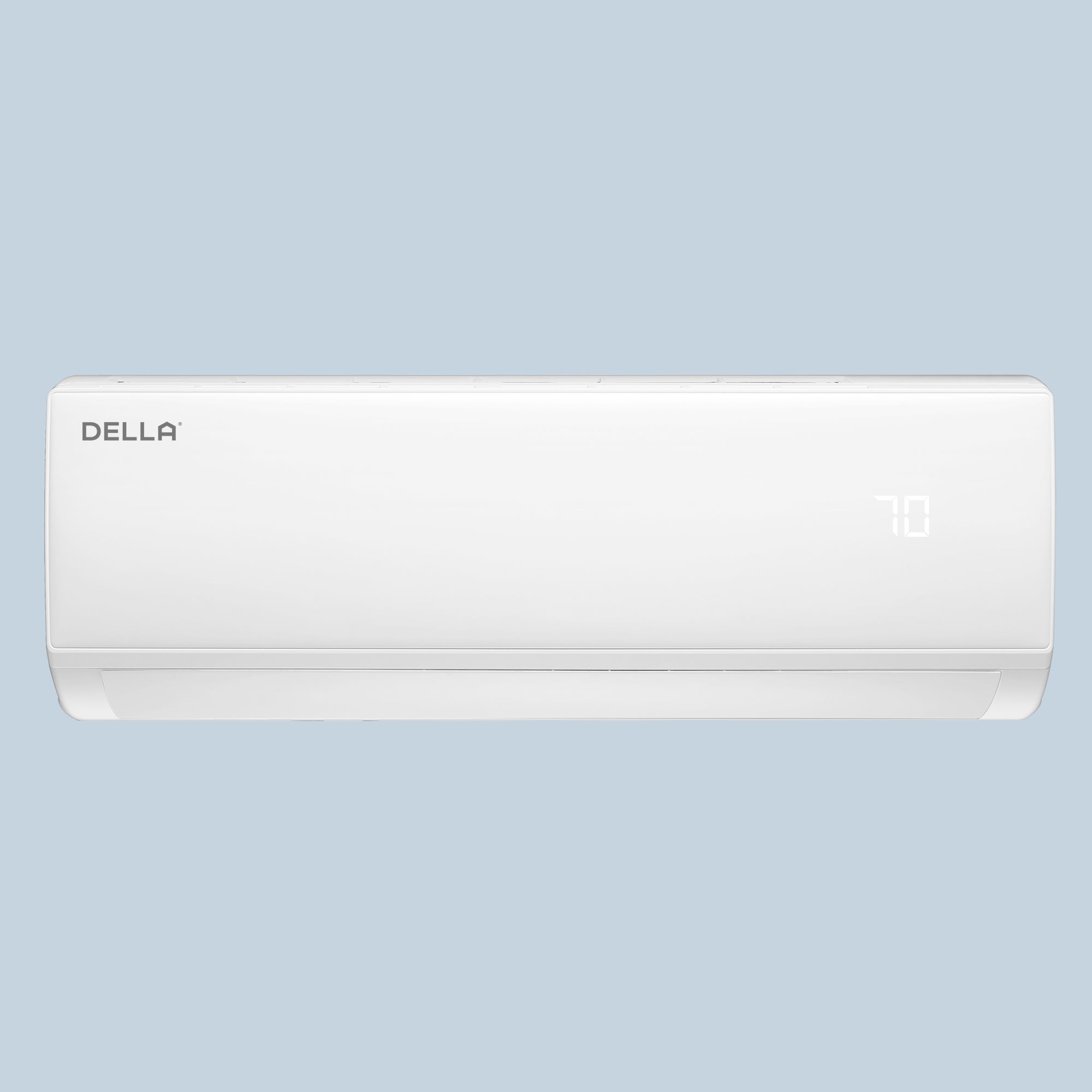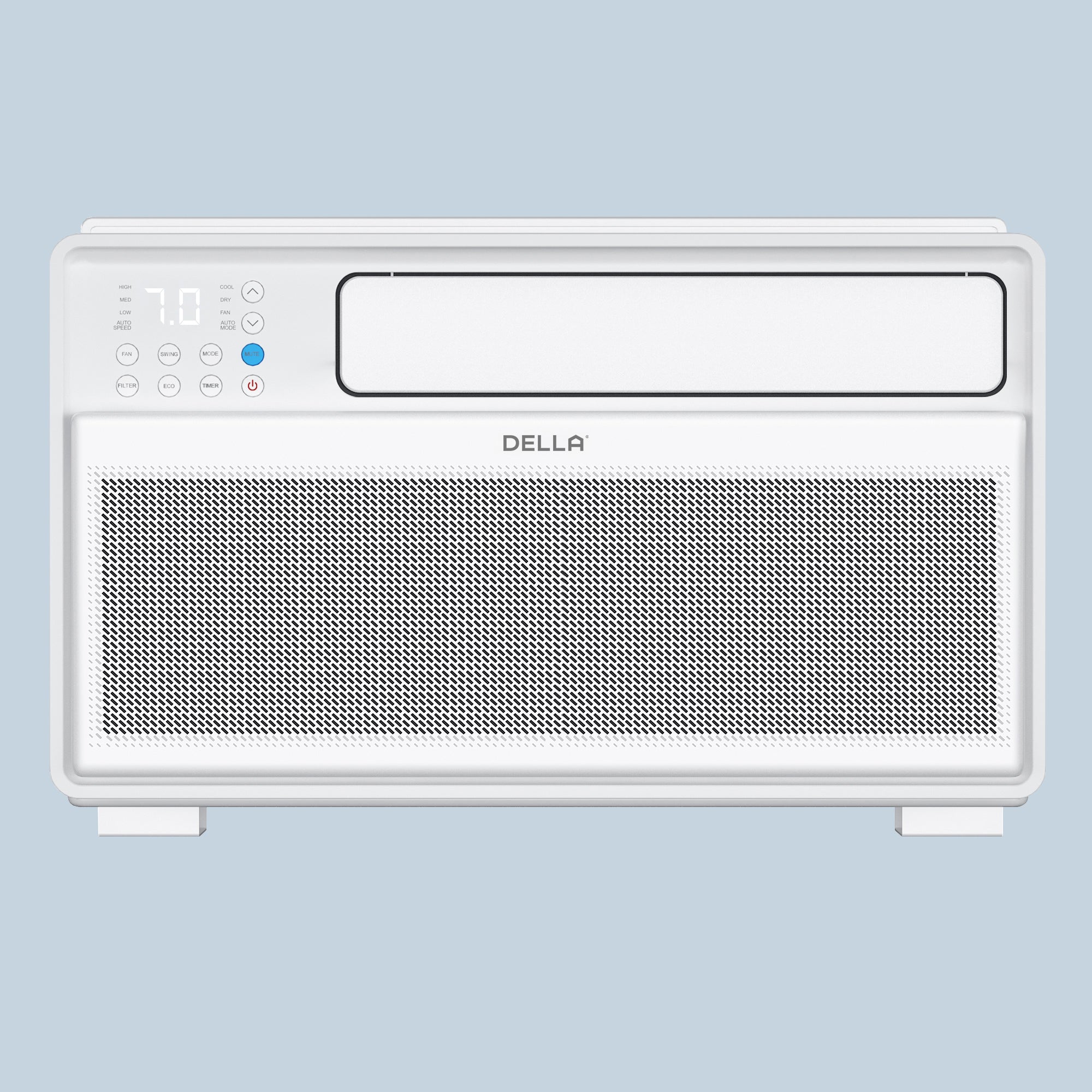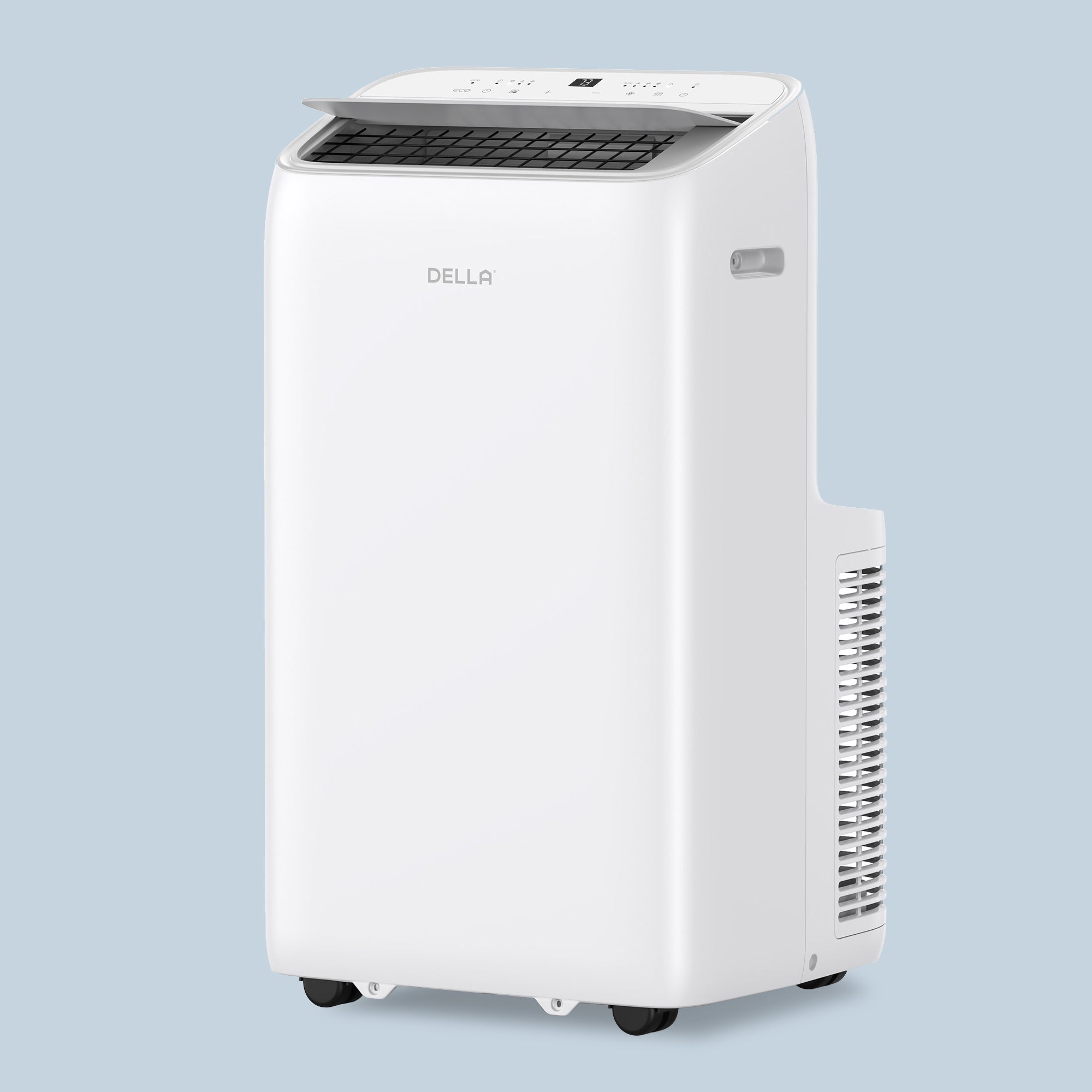Air conditioners are essential for cooling indoor spaces, but they also produce and drain water as part of their cooling process. If you notice your air conditioner draining excessive water, it can be a sign of an underlying issue. Understanding why this happens and how to manage it can help maintain your system's efficiency and prevent damage. This article will explain how air conditioners produce water, why they might drain more than usual, and what you can do to fix the problem.
How Air Conditioners Produce and Drain Water?
Air conditioners work by removing heat from the indoor air and cooling it down. As warm air passes over the evaporator coils inside the unit, the air cools and condenses into water. This process is similar to how moisture forms on a cold glass on a hot day. The condensed water collects in a drip pan and is typically drained away through a pipe or tubing. The amount of water produced depends on factors like the humidity of the air and the temperature setting of the air conditioner. Mini split ac systems, for example, are designed to efficiently handle both cooling and moisture removal, offering effective water drainage in areas with high humidity.
Reasons for Air Conditioner Producing So Much Water
There are several factors that can cause an air conditioner to produce an unusually large amount of water. These reasons can range from environmental conditions to issues with the air conditioner itself. Below are the most common causes:
High Humidity Levels
One of the primary reasons an air conditioner may produce excess water is high humidity. Air conditioners remove moisture from the air as part of their cooling process, and when the air is already saturated with moisture, the unit has to work harder to dehumidify it. In areas with high humidity or during rainy seasons, this can lead to an increase in the amount of water being drained.
Low Temperature Settings
Setting the air conditioner to a very low temperature can also result in more condensation. When the temperature is set too low, the air inside the unit cools faster, causing more moisture to condense on the evaporator coils. This increased condensation leads to a higher volume of water being produced.
Clogged or Dirty Drain Line
Over time, the condensate drain line can become clogged with debris, dirt, or algae. When this happens, the water produced by the air conditioner has nowhere to go, and it may back up inside the unit.
Dirty Air Filters
Air filters that are clogged with dust and dirt can block airflow and cause the evaporator coil to freeze. When the coil thaws, it can produce excess water. Dirty filters can also reduce the efficiency of the air conditioner, causing it to overwork and produce more condensation than normal.
Frozen Evaporator Coil
A frozen evaporator coil is another potential cause of excess water drainage. If the coil becomes covered in ice, it will not be able to absorb heat effectively. Once the ice melts, it can produce a significant amount of water. This can be caused by insufficient airflow, low refrigerant levels, or a malfunctioning thermostat.
Overuse of the Air Conditioner
Running the air conditioner for extended periods, especially in extreme heat, can lead to increased condensation. The longer the unit operates, the more moisture it removes from the air. If the unit is running constantly without enough time to properly drain the water, it may appear to produce more water than expected.
Poor Installation or Maintenance
Improper installation or lack of regular maintenance can also lead to water drainage issues. If the air conditioner is not level, it can cause water to pool inside the unit. Similarly, a lack of routine maintenance, such as cleaning the coils or checking the drainage system, can prevent the unit from functioning properly and lead to excess water production.
How Much Water Does Air Conditioning Use?
The amount of water an air conditioner produces depends on several factors, including the size of the unit, the humidity level, and the temperature settings. On average, an air conditioner can produce about 5 to 20 gallons of water per day in a high-humidity environment.
So it is abnormal for AC to have a lot of condensation. It may indicate an underlying issue, such as high humidity, low temperature settings, or a clogged drainage system.

How Do I Stop My Air Conditioner from Draining Water?
If your air conditioner is draining too much water, there are several steps you can take to reduce or eliminate the issue:
Adjust the Temperature and Humidity Settings
Set your air conditioner to a more moderate temperature. Avoid setting it too low, as this can cause excessive condensation. Maintaining a temperature between 72°F to 78°F (22°C to 26°C) is generally ideal for both comfort and energy efficiency.
If possible, use a dehumidifier to reduce moisture in the air before using your air conditioner.
Clean or Replace the Air Filters
Regularly clean or replace the air filters to ensure proper airflow. Dirty filters can lead to frozen coils, which will eventually produce more water when they thaw. Clean filters also allow the system to work more efficiently, reducing excess condensation.
Check and Clear the Drain Line
Inspect the condensate drain line for any blockages or clogs. Use a wet/dry vacuum or a pipe cleaner to clear the line. A blocked drain can cause water to back up inside the unit, making it seem like the air conditioner is producing excessive water.
Ensure Proper Airflow
Make sure there is nothing obstructing the airflow around the air conditioner. Clear any debris or objects around the unit and ensure that vents are open and unobstructed. Poor airflow can cause the evaporator coils to freeze, leading to excess water production when the coils thaw.
Inspect the Evaporator Coil
If the evaporator coil is dirty or frozen, it will not function properly, leading to excess water production. If the coil is frozen, turn off the unit and allow it to thaw completely. Clean the coil if needed, or call a technician for assistance if the problem persists.
Level the Unit
Check if the air conditioner is properly leveled. If the unit is tilted, water may not drain correctly and could accumulate inside. Use a level tool to ensure the unit is sitting evenly, and adjust as necessary.
Schedule Regular Maintenance
Have your air conditioner professionally serviced on a regular basis. A technician can clean the coils, check refrigerant levels, inspect the drainage system, and identify potential issues before they lead to excess water drainage.

Conclusion
In summary, excessive water drainage from your air conditioner can be caused by factors like high humidity, clogged drain lines, or dirty filters. Regular maintenance and proper settings can help prevent this issue. If you're looking for a reliable, efficient home air conditioner, including mutl-zone mini splits visit Della for a wide selection of quality units designed to meet your needs.
Read More:
How Much Does It Cost to Install a Mini Split Unit in Garage?
Air Conditioner Leaking Water? Why & How to Fix it
How Many Watts Does a Window Air Conditioner Use?
Air Conditioner Freezing Up: Why and How to Fix it?








LEAVE A COMMENT
All comments are moderated before being published.
This site is protected by hCaptcha and the hCaptcha Privacy Policy and Terms of Service apply.